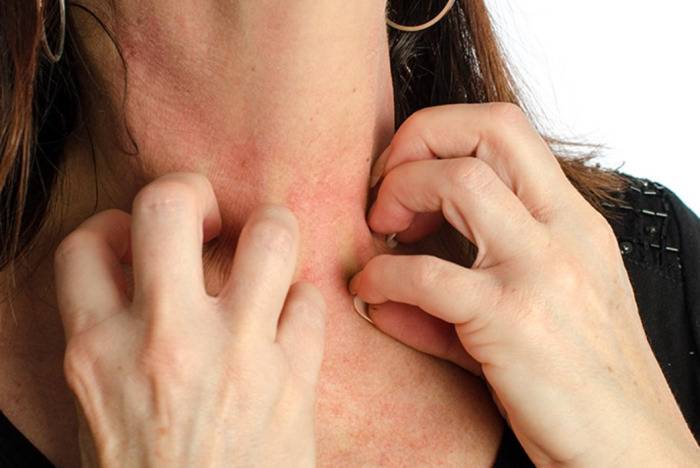Allergies are manifestations by the human body when it comes in contact with harmless things such as dust, pollen, food, insects, fabric, medication, weather, etc. It is exhibited through cold, sneezing, rashes, watery eyes, and other threatening symptoms.
The body might view these harmless substances as human invaders, and the immune systems act out. The elements triggering this effect are known as allergens. Every time the body comes in contact with these allergens, it produces antibodies whose role is to flush them out of your system.
In addition, a chemical component known as histamine is released and ensures the implementation of this process. There are numerous ways to treat allergies. One of them is Ayurvedic medicine for allergy, which is exceedingly beneficial.
Ayurveda facilitates healing through natural ingredients and adopts a more holistic approach. It is driven by the directive of healing the body on the inside by using organic elements and making lifestyle changes. Ayurvedic medicine for allergy believes that the diseases will eventually assuage once humans work on a healthier body.
Ayurveda translates to knowledge of life. In the absence of conventional medication, people relied heavily on Ayurveda and witnessed evident results. These practices have been around for centuries and focus on balancing the three doshas- Kapha, Vata, and Pitta. They believe that the human body comprises air, water, fire, space, and air. They unite to give birth to Kapha, Vata, and Pitta.

Contents
TYPES OF ALLERGIES
1. Food
Food is the most common type of allergy and can result in breathing issues, vomiting, diarrhea, itching, rashes, etc. For example, seafood allergies are pretty prolific.
2. Pollen
Pollen causes hay fever, leading to a runny nose, conjunctivitis, and throat inflammation. Staying indoors is a great way to battle this allergy.
3. Dust mites
These are little organisms found in mattresses, cushions, carpets, and other furniture. Its symptoms are akin to those with pollen allergies. The best way to remedy it is by frequenting the vacuum cleaner around the house.
4. Mold
Mold resembles fungi and float in the air. They typically grow in moist places and cause watery eyes and a runny nose.
TREATING ALLERGIES WITH AYURVEDA
Allergies can be pretty pesky and uncomfortable. They can get triggered at the drop of a hat and severely irritate the sufferer. In addition, it interferes with their daily activities. Ayurveda strongly believes that a disruption in the body’s doshas triggers allergic reactions. You can find Ayurvedic medicine to treat allergic reactions that are cause due to the disruption of doshas.
When the doshas are disturbed, they do not perform optimally, thus forcing one’s body to exhibit such responses. Ayurveda assumes the philosophy that the body’s immune system is compromised and cannot cope with the accumulated toxins.
The treatments are centered on fixing the fundamental issue, one’s body. Their attention is not narrowed down to the symptom but to treat the body as a whole. They believe that by healing the body, the symptoms will gradually dwindle.
Their primary focus is strengthening the immune system by consuming healthy meals, exercising daily, getting adequate sleep, consuming herbs, and following a vegetarian diet.
Different people experience varying manifestations. Some might notice rashes on their skin, vomiting and indigestion, respiratory troubles, runny nose, headaches, sneezing, troubles bowel movements, and several others. These are contingent on the imbalances of individual doshas.
Ayurvedic medication provides relief against these troublesome symptoms and helps people balance their doshas. These medicines are concoctions of natural ingredients using plants and flowers.
A Histantin Tablet, for instance, is an Ayurvedic medicine that helps to treat allergic reactions like runny nose, sneezing, skin rashes, mild cough, and sore throat. Almost all types of allergies can be treated but symptoms can worsen if they are neglected.
CONCLUSION
These are pointers to help people use Ayurveda for treating their allergies.
Leave a Reply
You must be logged in to post a comment.